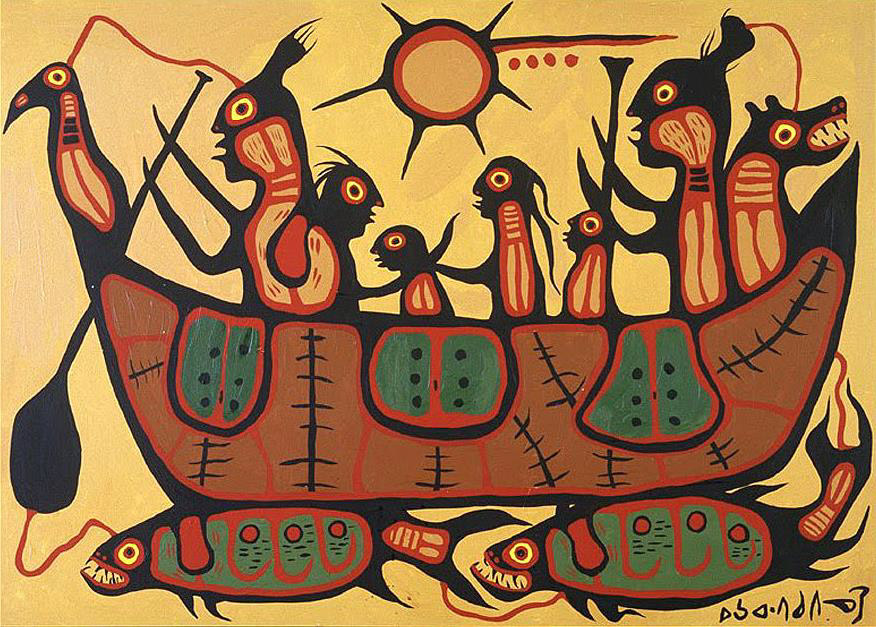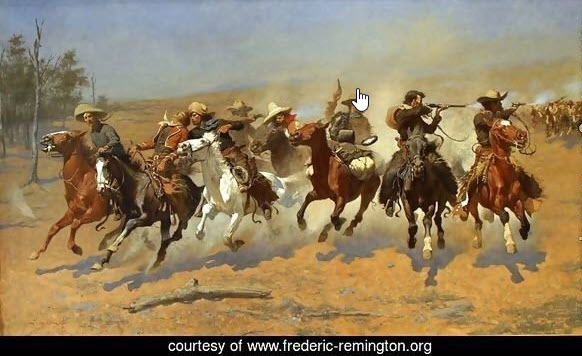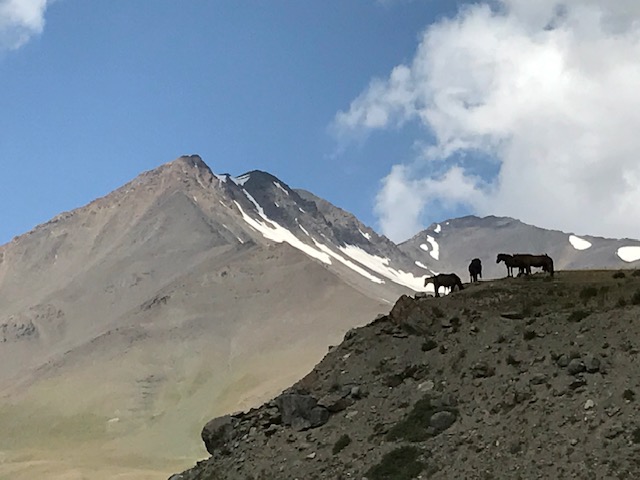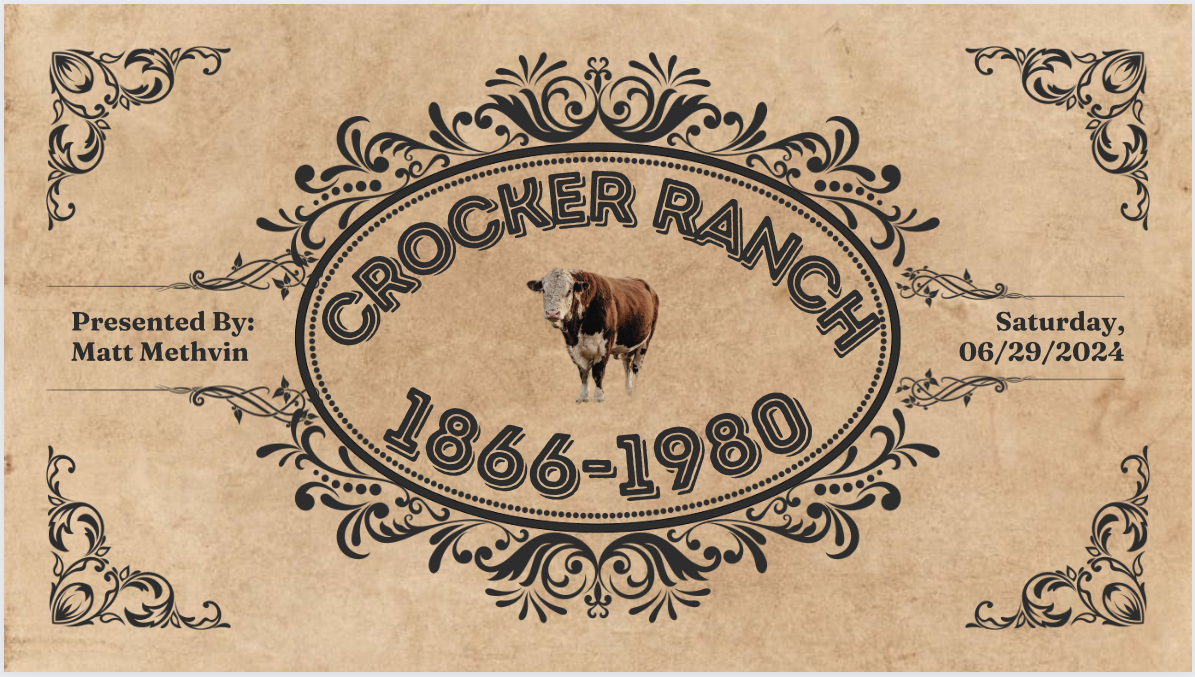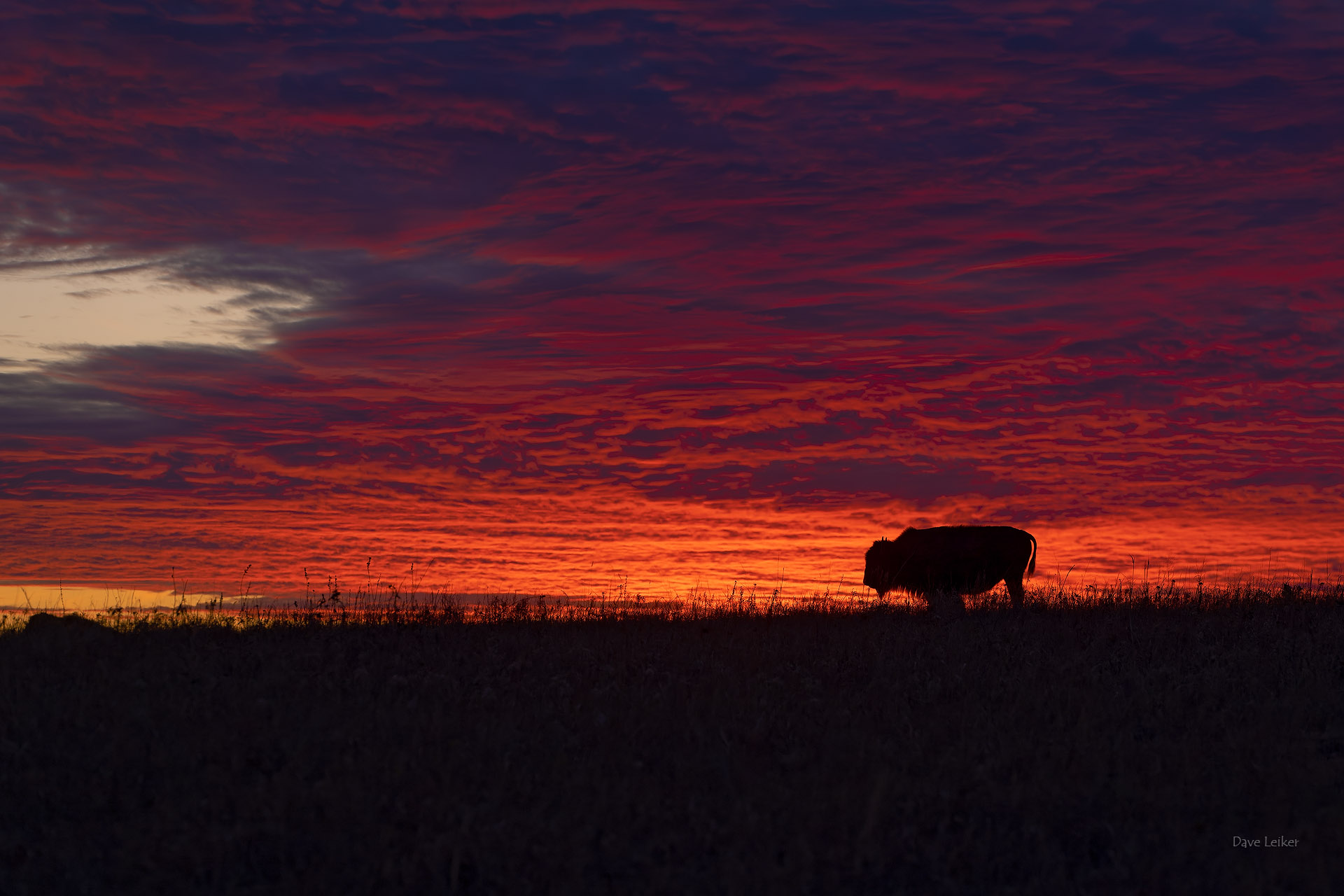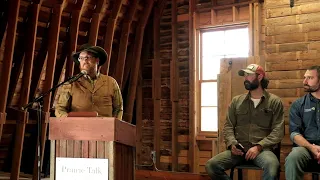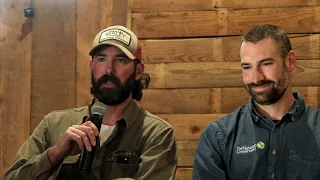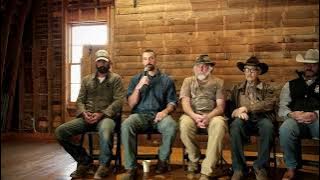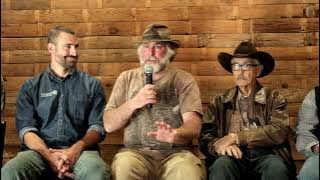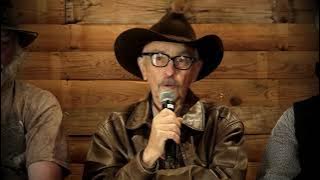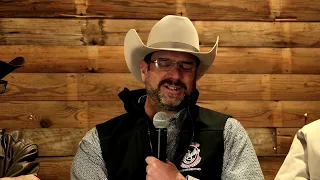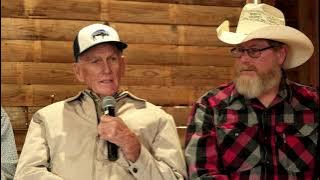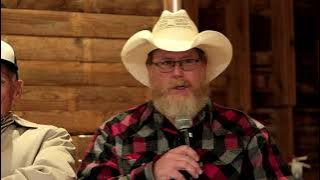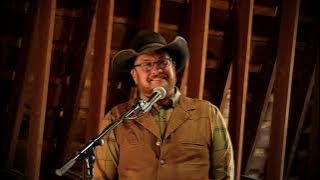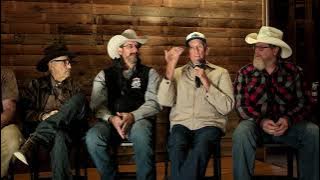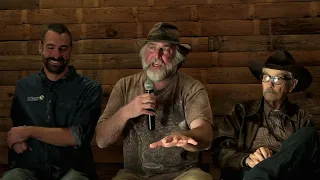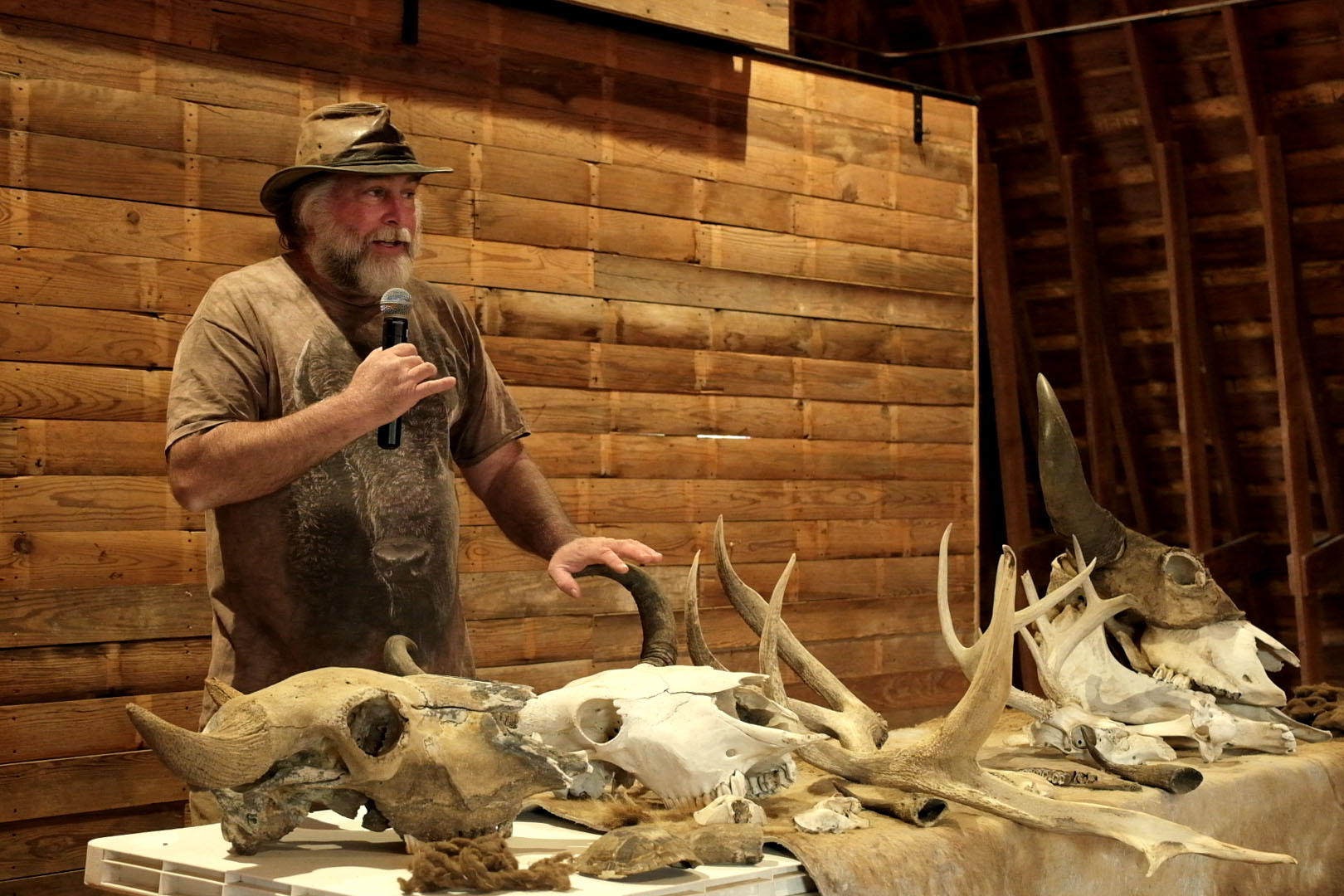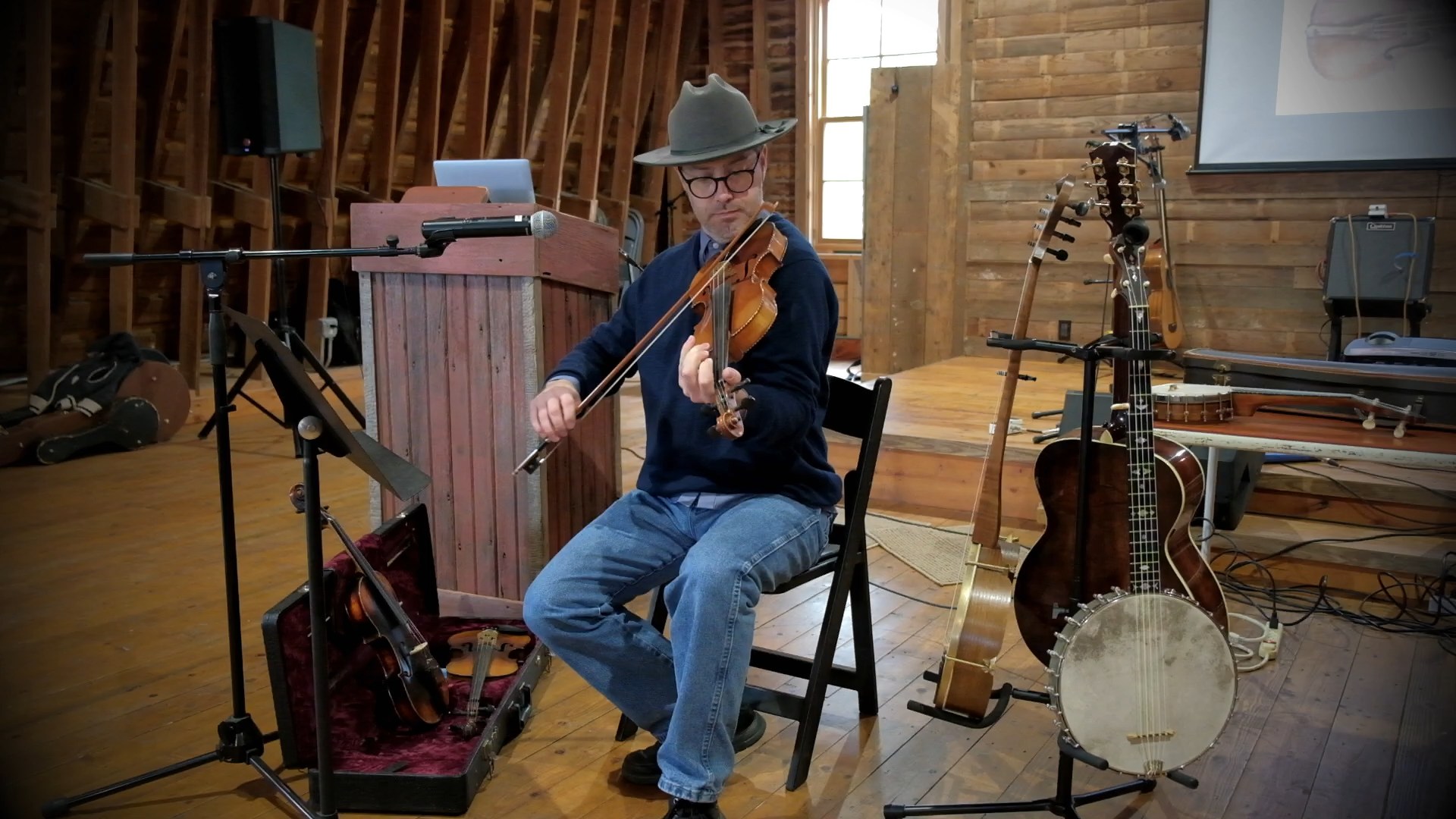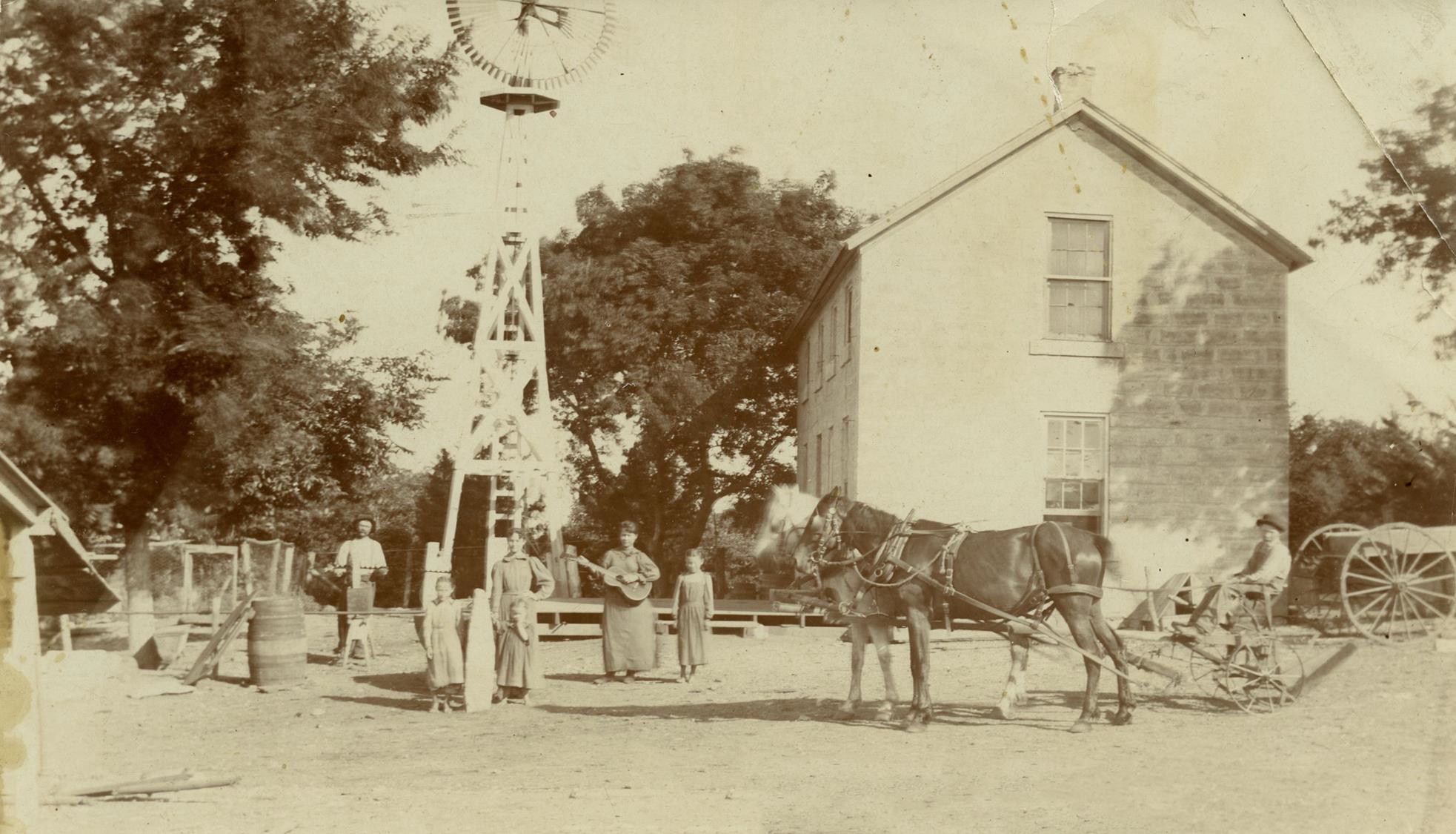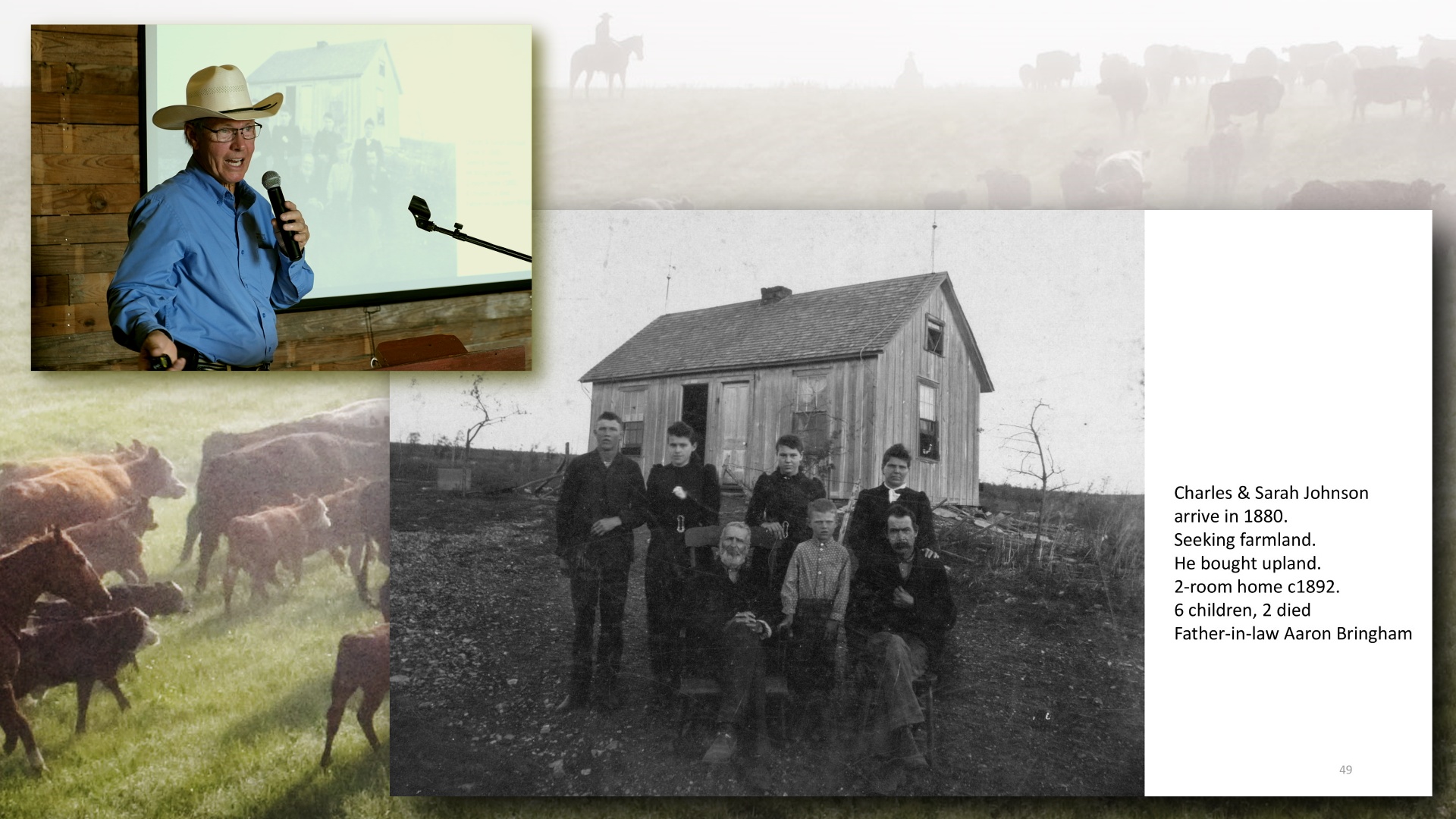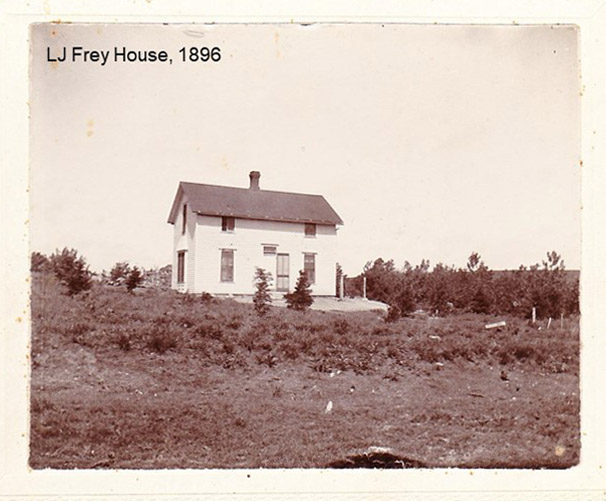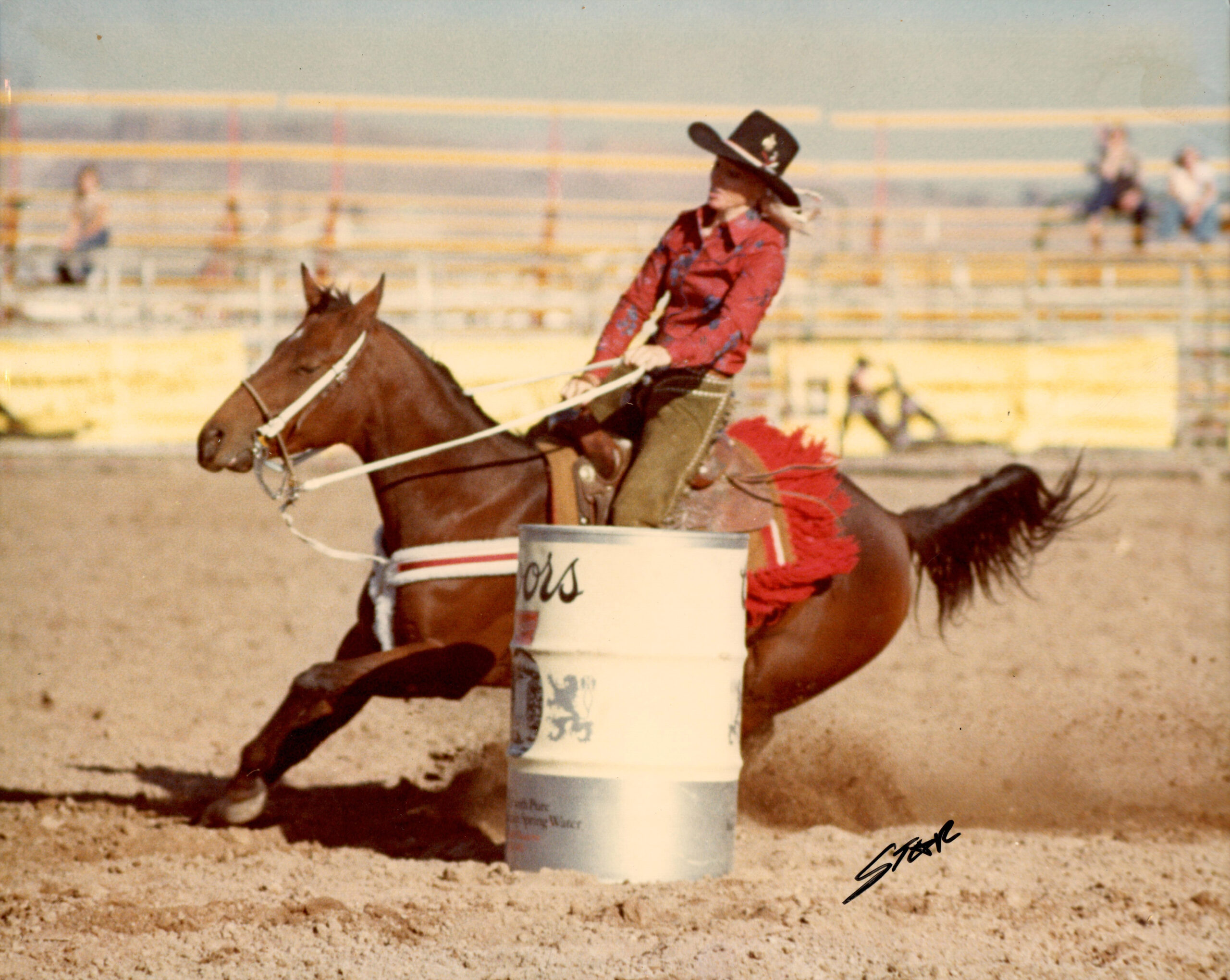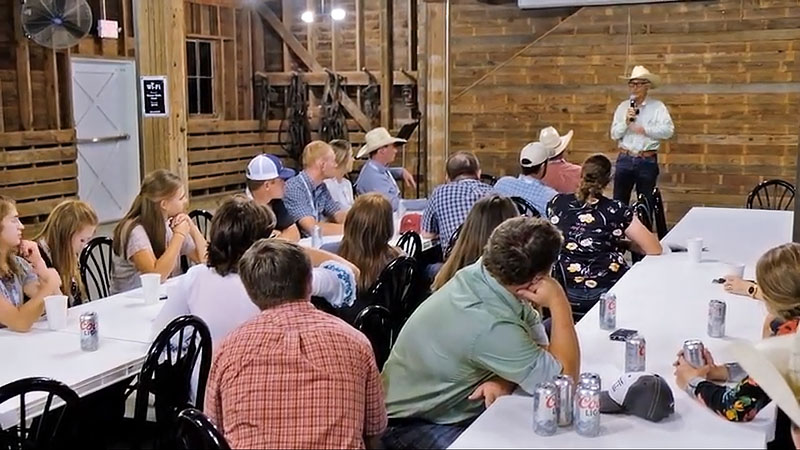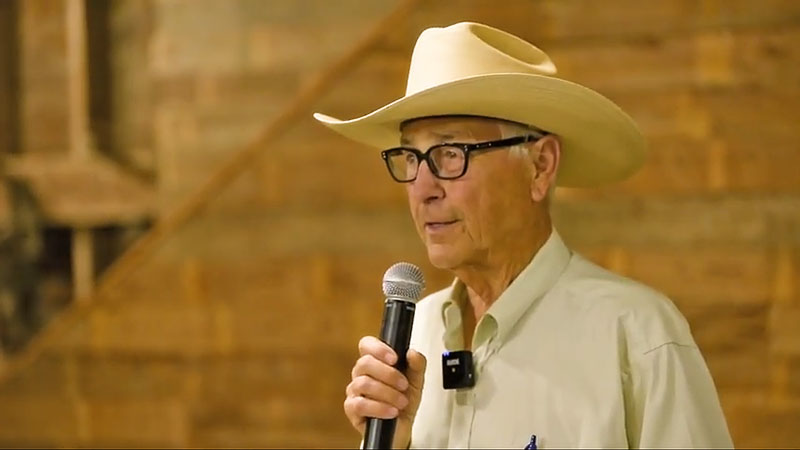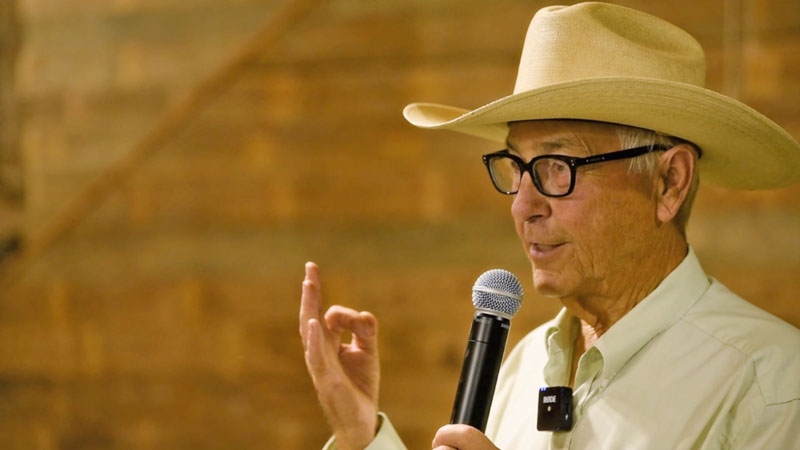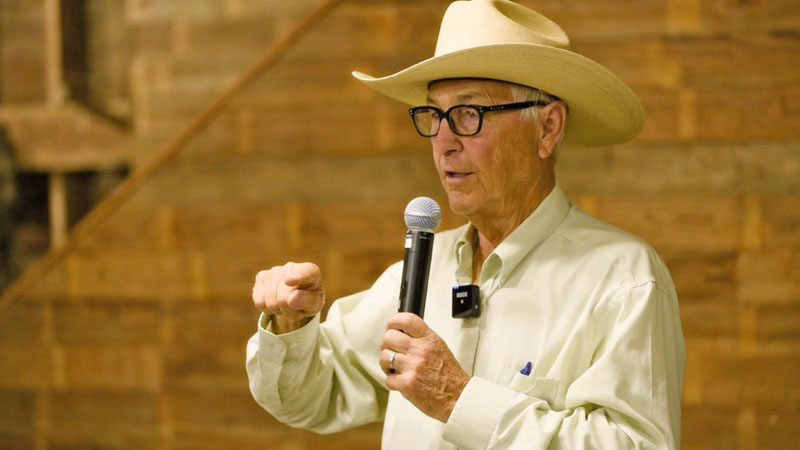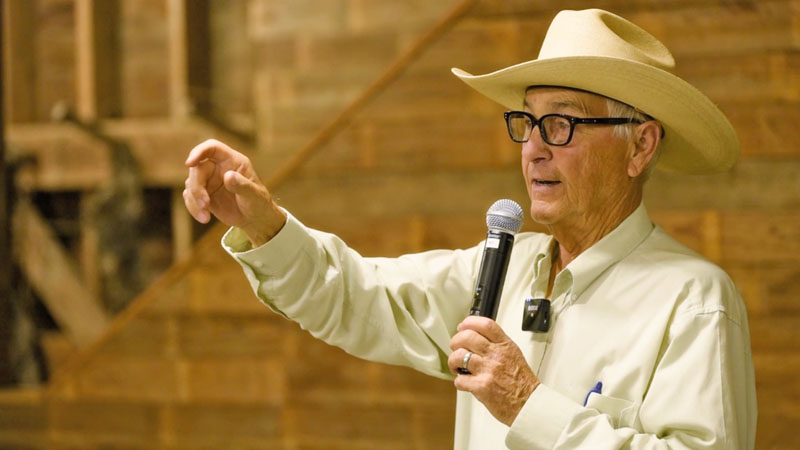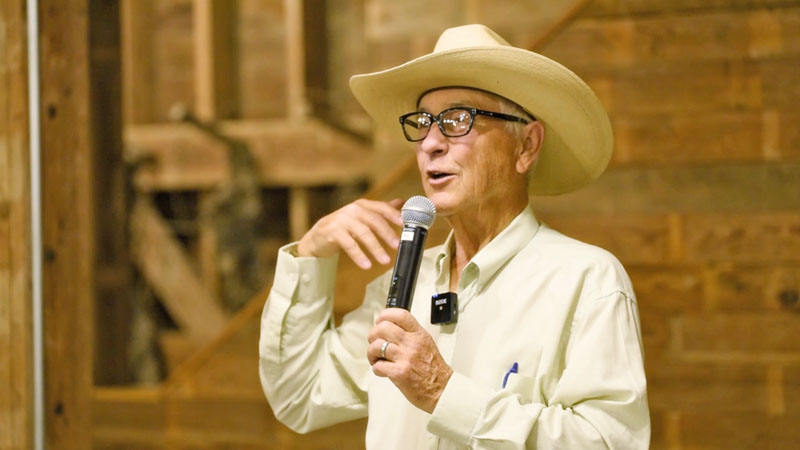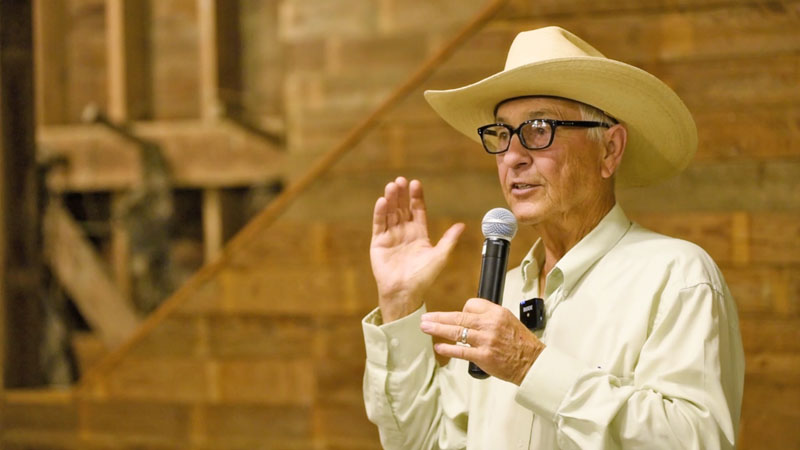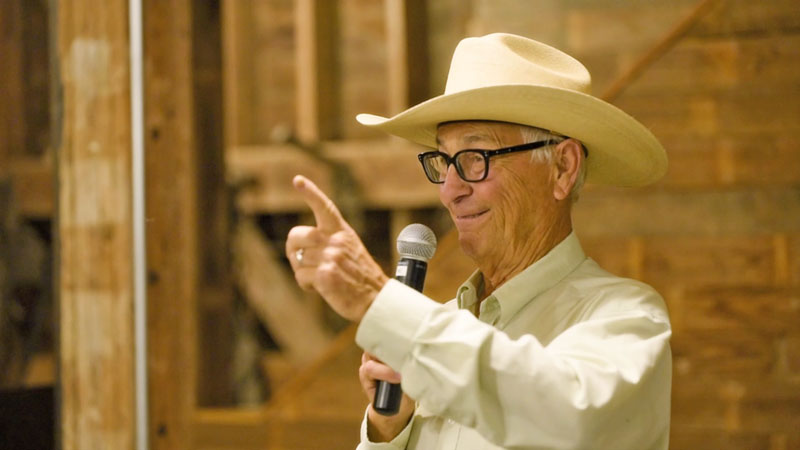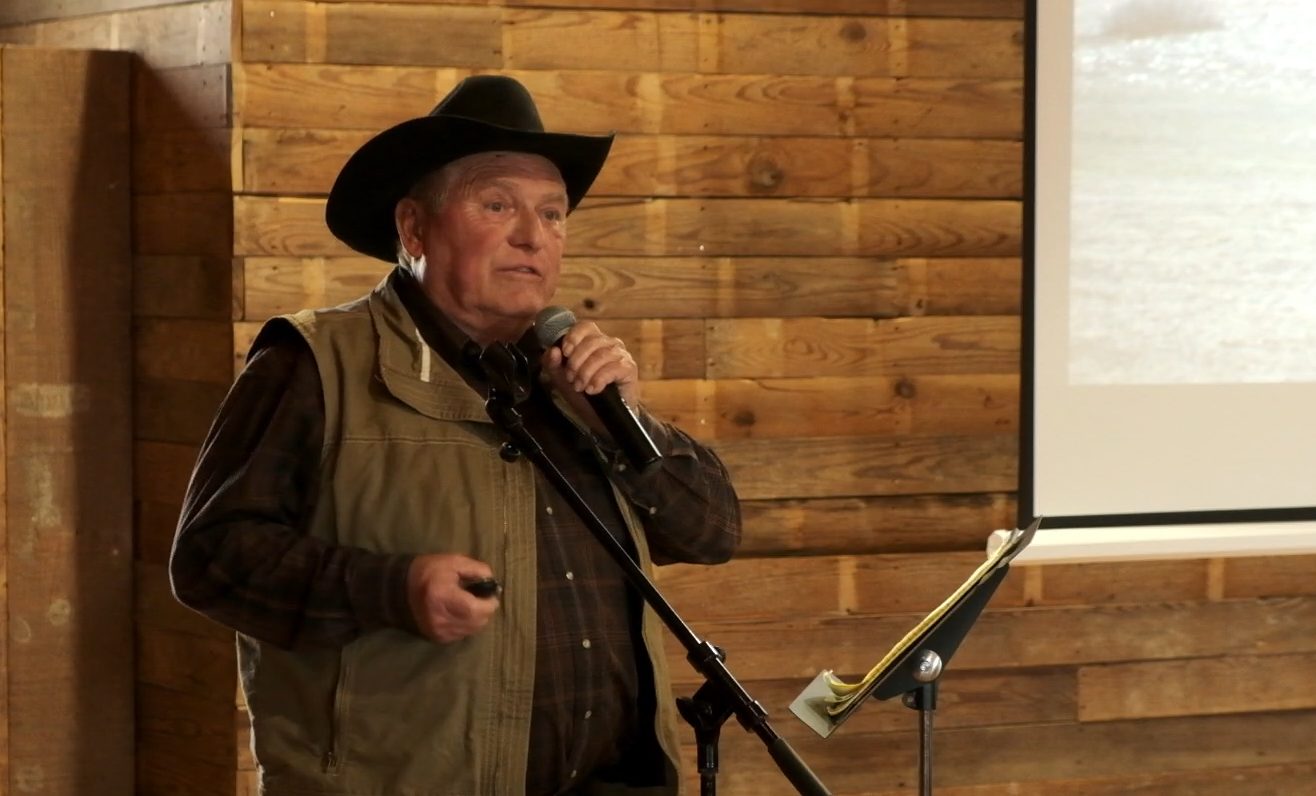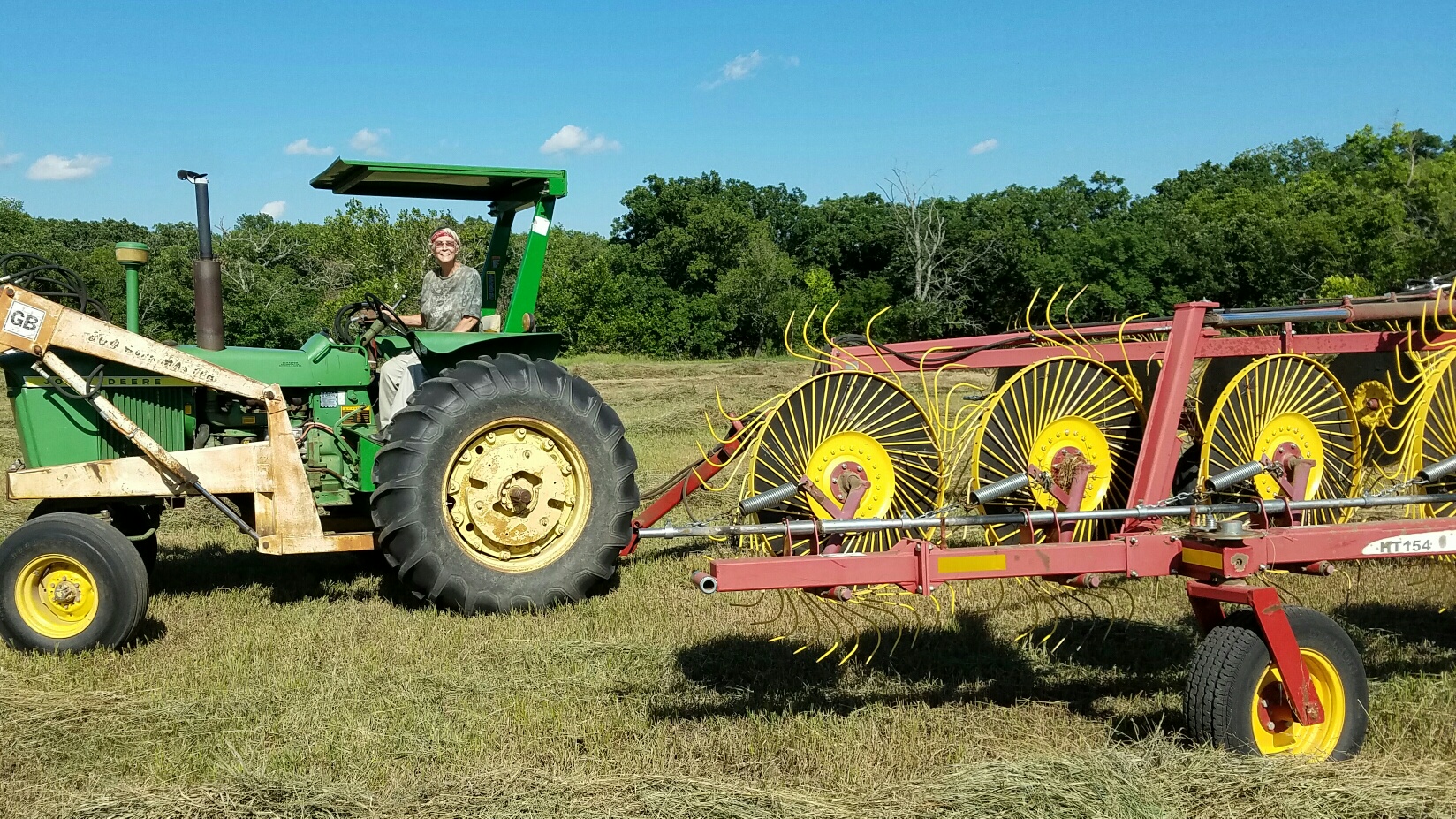Pioneer Bluffs Prairie Talks
Native Heritage and Place in the Flint Hills presented by Elexa Amo Dawson
Migration by Norval Morrisseau. ca 1970’s | Courtesy: Royal Ontario Museum
Native Heritage and Place in the Flint Hills
presented by Elexa Amo Dawson
<- Click on image to view video
Presented by celebrated Native American speaker and songwriter Elexa Dawson, this talk explores themes of Native traditional knowledge, and philosophy of kinship with the land. Dawson discusses how Indigenous ways of viewing the land – the plants, creatures and bounty of the Earth – can lead us forward. She shares stories about her work in community gardening with the Goodway Gardens program in Emporia. A member of the Citizen Band Potawatomi Nation, Dawson explains the origins and culture of the Potawatomi, and how today they are a vibrant and living people with sovereign nations and current relevance in modern society.
The talk is one of the “Prairie Talk” series of videos produced by Pioneer Bluffs historic site.
Recorded in the Pioneer Bluffs main barn on 12 Oct 2024.
Video by Dave Leiker
Frederic Remington
A Prairie Talk Featuring Frederic Remington and presented by Doug Claassen.
<- Click on image to view video
Frederic Remington (1861 – 1909) was an American painter, illustrator, sculptor, and writer who specialized in depictions of the Old American West, specifically concentrating on the last quarter of the 19th century American West and images of cowboys, American Indians, and the U.S. Cavalry.
Claassen grew up in the Plum Grove community in northwest Butler County and is still involved with the family livestock and crop farm. His interest in Remington began at an early age with the stories told by his grandfather about Frederic Remington. Claassen and his brothers purchased the Remington sheep ranch in 1983, which further sparked his interest to learn more about Frederic Remington.
Visit Frederic Remington web site
Recorded at Pioneer Bluffs main barn, July 2024
Video by Mark Feiden
The Journey to Kyrgyzstan
About the the presentation:
In 2017, the Hoys toured the country extensively, riding hundreds of miles of mountains with nomadic herdsmen, traveling with a warlord through his vast holdings, and hunting with eagles. In the Prairie Talk, the Hoys speak of the nomadic culture, horsemanship, and stockmanship of the Kyrgyz people, and the flora and fauna of the high steppe. They contrast the culture to what they have seen in the Argentina gaucho, Australian outback stockmen, American cowboy and buckaroo, and Mexican vaquero.
Open transcription of the talk
Recorded at Pioneer Bluffs main barn, July 2024
Video by Mark Feiden
The Crocker Ranch
About the the presentation:
The Crocker Ranch, with extensive cattle and farming operations, was begun in 1866 by Captain Erastus Bryant Crocker, a Civil War veteran. The Captain’s sons, Edward and Author Crocker, expanded and by 1918 had a 10,000 acre ranch, one of the most extensive in the area.
Today, the Crocker Ranch is an excellent example of an early 20th century working cattle ranch complex and is listed on the National Register of Historic Places. The story of the Crocker family was shared by Matt Methvin in a Prairie Talk at Pioneer Bluffs.
This prairie talk was recorded by Mark Feiden in June 2024 in the main barn at Pioneer Bluffs, Matfield Green, Kansas
Recorded at Pioneer Bluffs main barn, June 2024
Video by Mark Feiden
Where the Buffalo Roam
A Panel of Bison Experts:
The American Bison was named the official state animal of Kansas in 1955.
In November of 2023 Pioneer Bluffs a hosted celebration of the “Monarch of the Plains”. Events included locally-sourced smoked buffalo lunch by Chef Tracey Graham and other Pioneer Bluffs volunteers, a Bison Art Show, kid’s coloring contest, wool spinning demonstrations, a panel of Kansas bison ranchers and talk by “Buffalo George” LeRoux.
Panelists included Zack Bell, Tony Capizzo, Jim Hoy, George LaRoux, Stuart Schrag, Dan Ropp and Trace Ropp. Josh Hoy was moderater.
View full playlist on YouTube or choose individual segments below.
Video by Dave Leiker
Gathering & Introductions
Zach Bell
Eagle Hill Ranch
Tony Capizzo
The Nature Conservancy
“Buffalo George” LaRoux
Jim Hoy
Stuart Schrag, Kansas Wildlife & Parks
Dan Ropp
Bison Rancher
Trace Ropp
KBA Board Member
Josh Hoy
Flying W Ranch
Q&A: Bison Genetics
Advice on Buying a Bison (Don’t)
“Buffalo George” LaRoux
“Buffalo George” LaRoux shares stories, history and wisdom about working with bison. George LaRoux is the executive director of the Flint Hills Prairie Bison Reserve in Wabaunsee County. The talk was a part of “Where the Buffalo Roam” events at Pioneer Bluffs, recorded in November of 2023
Click on the image to watch a video of the talk
Video by Dave Leiker
Kansas’ Music History by Derrick Doty
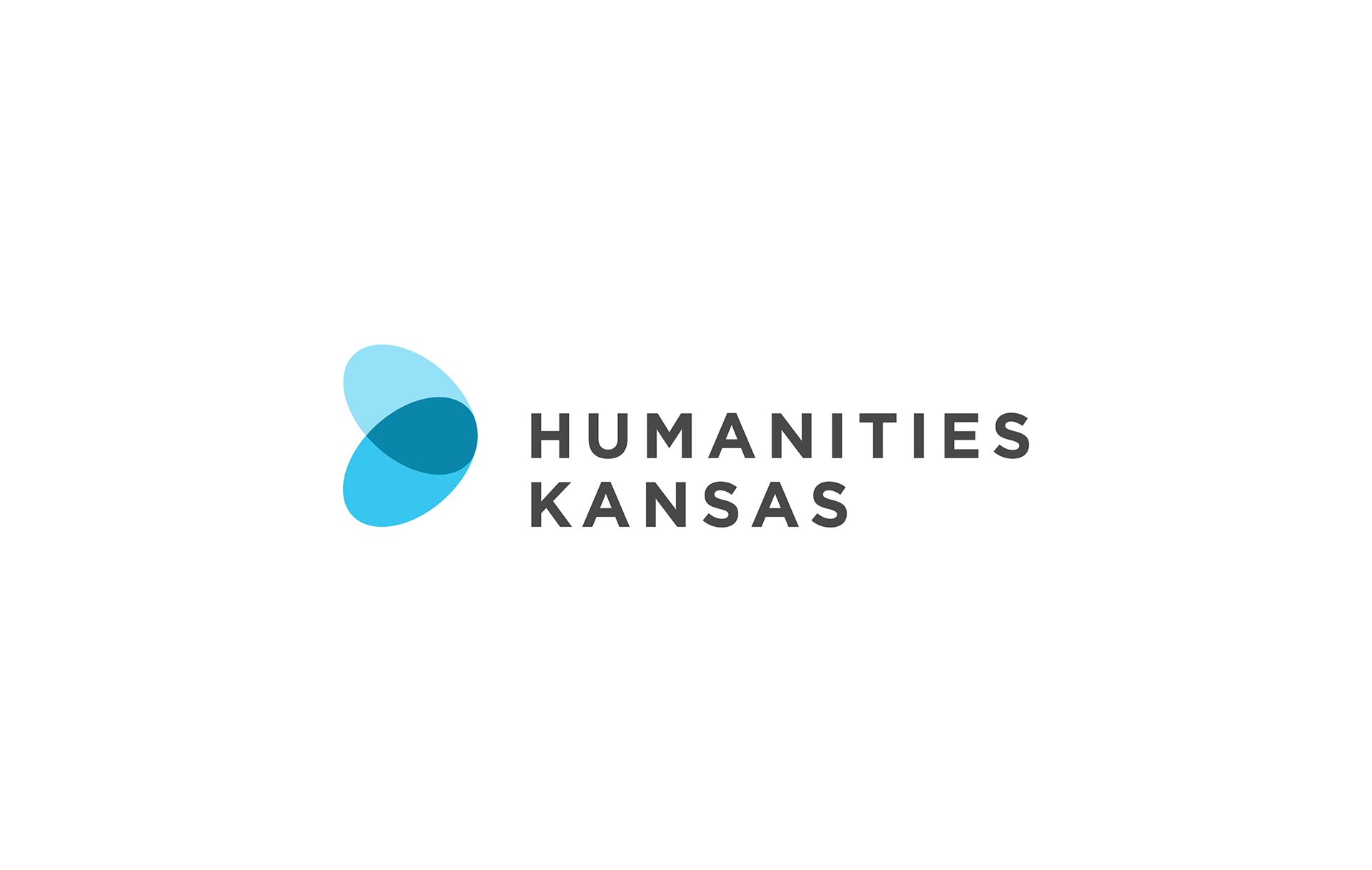
Kansas’ Music History
Featuring storytelling and performance, including a piece on Henry Rogler’s fiddle, this program was recorded in the main barn on 14 October
Sponsored by Humanities Kansas
Video by Dave Leiker
The Anderson Family Story
Matt and Julia Anderson, along with their son and daughter-in-law, manage the family ranch outside of Alma, Kansas. They run an award-winning cow-calf operation, annually raising roughly 500 head of Angus cattle from birth until the calves are one or two years old. They also offer birth to butcher beef, direct to consumer.
Recorded in the Pioneer Bluffs main barn in August of 2023
Video by Dave Leiker
Ranching and Farming in the Flint Hills
A story of economic survival: The Pattons & Johnsons
The Patton and Johnson families came to southern Chase County shortly after the Civil War. The Pattons settled west of Matfield Green and the Johnsons settled east of Matfield Green. Both families farmed the fertile soil along the creeks and ranched in the rich upland native tallgrass prairie pastures. Six generations later, some Patton/Johnson ancestors still live and work in the Flint Hills.
This Prairie Talk focused on how farming and ranching were equally important to the economic survival of pioneer Flint Hills families. The symbiotic relationship between farming and ranching still exists in 2023.
Recorded at Pioneer Bluffs, Aug. 2023
Video by Dave Leiker
The Bill House Story
At the Pioneer Bluffs historic site Carol House of Arkansas City discussed her late husband, Bill House, who went from being an attorney to raising Grand Champion Herefords. After practicing law in the 1940’s, Bill House returned to the family Hereford business in Chautauqua County. By the early 1950’s, House had risen to the top of the National Order of Hereford Growers, winning Grand Champion four times at the American Royal in Kansas City, MO. In his 65 years of ranching, House was a strong influence in legislative initiatives that impacted the entire beef cattle industry. He served as past president of the Kansas Livestock Association, the American Hereford Association, and the American National Cattleman’s Association, now the National Cattlemen’s Association. In 1964, House was named Distinguished Jayhawk of the Year by then Governor Anderson. During the Prairie Talk, Carol House will tell many stories, possibly even how an 1,800 lb plastic ornamental bull came to be in her front yard.
Recording date: July 1, 2023
Video by Dave Leiker
The Methvin Family Story
At the Pioneer Bluffs historic site, Nancy Methvin of Lincolnville tells how her Louisiana ranch family’s summer adventure turned into 46 years of living in, and loving, the Flint Hills of Kansas. The Methvin family ranched in Louisiana Bayou Country on land that had been in the family since 1714. The family came to the Flint Hills for one summer in 1977, and stayed on land that was once part of the original 101 Ranch and the Frye/Ronsick Ranch. Nancy shares the history of the areas they have lived.
Recorded in July 2023 at Pioneer Bluffs historic center, Matfield Green, Kansas.
Video by Dave Leiker
The Bobbie Hammond Story
View playlist of videos from the Prairie Talk by Bobbie Hammond.
Note: the playlist above includes these individual videos:
Introductions – The Bobbie Hammond Story
“I had to wait until I was 6 years old”
“You have a steer running down the turnpike”
Bobbie Hammond has managed as many as 25,000 acres of Flint Hills grass and 8,000 head of cattle. At the same time, she was a professional rodeo barrel racer. She won in the Old Timers’ Rodeo National Finals when she was a grandmother – and that was 40 years ago. Hammond shares her unique life story in a Pioneer Bluffs Prairie Talk.
“I always thought cowboyin’ is women’s work,” said Hammond. “It never occurred to me there was anything I couldn’t do because I was a woman. I was working with my dad from the time I was big enough to ride.”
“I know it isn’t the kind of work every woman would want to do. Probably not every man can do it,” she continues. “It’s a lot of hard work. I do everything from breaking colts to fixing water gaps to treating sick steers. It’s knowing what an old steer will do before he even thinks of it himself.”
Hammond has been featured in “Larry Hatteberg’s KANSAS PEOPLE,” and Forbes Magazine.
Today at age 83, Hammond is still working. “I don’t let a lot of grass grow under my feet,” she says. “It is a lifestyle, I think.”
Recorded October 2022 at Pioneer Bluffs
Video by Dave Leiker
Ranching Women Pioneer Bluffs Prairie Talk – Sept 2021
Click on image to play the video
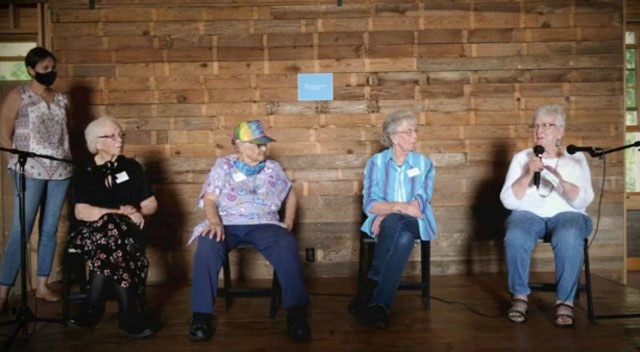 About the Women of the Ranch interviews Farm and ranch women typically play many roles. They are some combination of daughter, wife, mother, business partner, driver, drover, and cowhand all rolled into one. And a woman who began filling these roles in the first part of the 20th century has witnessed extraordinary change. It is likely that she has hauled water to bathe her children, cooked over a wood stove, and spent time behind a team of horses.
About the Women of the Ranch interviews Farm and ranch women typically play many roles. They are some combination of daughter, wife, mother, business partner, driver, drover, and cowhand all rolled into one. And a woman who began filling these roles in the first part of the 20th century has witnessed extraordinary change. It is likely that she has hauled water to bathe her children, cooked over a wood stove, and spent time behind a team of horses.
Mark Feiden and Farrell Hoy shared highlights from interviews with farm/ranch women. A panel discussion with some of the interviewees followed the film screening. This Prairie Talk was held in the loft of the historic barn at Pioneer Bluffs near Matfield Green, Kansas.
Pioneer Bluffs teamed with photographer/filmmaker Mark Feiden, author/educator Farrell Hoy, and Humanities Kansas, in this story collection project focused on the contributions of women to Flint Hills farming and ranching.
“When I began interviewing older farm and ranch folk in 2017, I quickly discovered something that should not have been a surprise,” said Feiden. “Women often have the richer body of stories—because they’ve worn so dang many hats!”
“When I finished interviewing 99 year old best friends Evelyn Zeckser and Mary Schultz, in 2019, I knew that I wanted to pull together an effort focused on older women—and I wanted to do it sooner rather than later,” continued Feiden. “I also knew that Farrell Hoy had an ongoing interest in documenting the lives of ranch women and so I approached her about teaming up. The experience has exceeded my expectations. Each and every interview has been a delight. I look forward to sharing the films—and seeing how the transcripts inform Farrell’s book project.”
Interviews include: Eula Barrett, Bobby Hammond, and Donita Rogers of Chase County; Irlene Huntington, Jackie Seeley, and Pat Surber of Greenwood County; Irene Thoes of Pottawatomie County; and Carol Feyh and Carol Michaelis of Wabaunsee County.
Mark Feiden, through his ongoing project Emil Redmon’s Cow (www.redmonscow.org) is dedicated to building a significant archive of “stories from the farm and ranch.” Mark is a sixth-generation Kansan with pioneer roots in Reno and Wabaunsee countries. In 1998, he co-founded The Konza Press (www.TheKonzaPress.com) with the express mission of “promoting the people, places and rich history of Kansas.” A photographer, he has published a number of books on Kansas and the Flint Hills. Mark makes his home in Roeland Park, Kansas.
Farrell Hoy is a fifth-generation descendant of the Flying H Ranch, established by her great-great grandparents in Cassoday, Kansas, in 1877. She grew up helping her grandparents on the ranch, and from an early age noticed the many different tasks that fell to her grandmother, from performing nearly all the domestic duties to working alongside the men on much of the ranch work. Hoy is Faculty Development Director at Johnson County Community College. She is currently working on a book about Flint Hills women; she lives and works in Overland Park, Kansas.
Recorded at Pioneer Bluffs, Sept. 2021
Video by Dave Leiker
Dr. Jim Hoy: vignettes from a talk to the Young Stockmens Academy of the Kansas Livestock Association on Monday, Sept 16, 2019
Jim Hoy – the Early Years
Pioneer Bluffs, 2019
Jim Hoy – Working for Wayne Rogler
Pioneer Bluffs, 2019
Jim Hoy – Knute Rockne
Pioneer Bluffs, 2019
Jim Hoy – Pasture Seasons
Pioneer Bluffs, 2019
Jim Hoy – Grass as Sustainable Agriculture
Pioneer Bluffs, 2019
Jim Hoy – Shipping Cattle on the Railroad
Pioneer Bluffs, 2019
Jim Hoy – Loading Cattle on Railroad Cars
Pioneer Bluffs, 2019
Jim Hoy – The Bucking Stud Horse
Pioneer Bluffs, 2019
Video: Dave Leiker
The Roberts Rodeo Family
Gerald Roberts was born to rodeo. His family started the Flint Hills Rodeo, and Gerald was a twice All Around World Champion cowboy (1942, 1948). His siblings, Ken and Marge, also were rodeo champions. Gerald’s granddaughter, Shannan Hauser, presents this family’s story of courage, talent, and hard work.
Recorded Spring 2019
Click on image to view the video
Video by Dave Leiker
Rich Porter shares stories about the history of his ranch.
Cattleman Rich Porter is loyal to his workers, suppliers, alliances, and, especially, to his community. “An ounce of loyalty is worth a pound of cleverness,” said Porter. “Do unto others better than you would have them do unto you. If they don’t respond in kind, merely walk away, but don’t retaliate.”
Each year Porter Cattle Company receives around 7,000 high-risk calves, taking them from 350# to 850#. Porter also farms around 2,600 acres of corn and soybeans.
Rich Porter credits successful business operations with strong values of loyalty and simple lessons he has learned in life. “If the market value of corn is 10 cents a bushel,” advised his dad, Walter Porter, “then you better find a way to produce it for 9 cents… or don’t grow corn.”
With degrees in chemical engineering and law, Porter had many options on what to do with his life. In 1979, he chose to return to the family stocker cattle business in Lyon County. This decision has made a positive impact locally; he is well known for his community support.
The Porter Cattle Company is based out of Reading, Kansas. This talk was recorded on July 6th, 2019.
Video by Dave Leiker
Mike Holder – History of the Flint Hills
Mike Holder, Kansas State University Extension Agent (retired), begins at the beginning of the Flint Hills, “why it is what it is,” says Holder. He will discuss formation of the Flint Hills, the Native American presence, and the influence of ranching. Holder is known as a good storyteller and draws on 47 years with the Extension Service for his stories.
Recorded April 2022 at Pioneer Bluffs.
Click on image to view the video
Video by Dave Leiker
Prairie Talk: The Hatcher Family story
Jeanne Hatcher shares the history of six generations of the Hatcher family. From Emporia to Chase County, the Fox Creek Ranch grew. Today the children and grandchildren of Jeanne and Bill Hatcher have joined the family cattle business; they are all neighbors of Tallgrass Prairie National Preserve.
Recorded July 2022 at Pioneer Bluffs.
Click on image to view the video
Video by Dave Leiker
